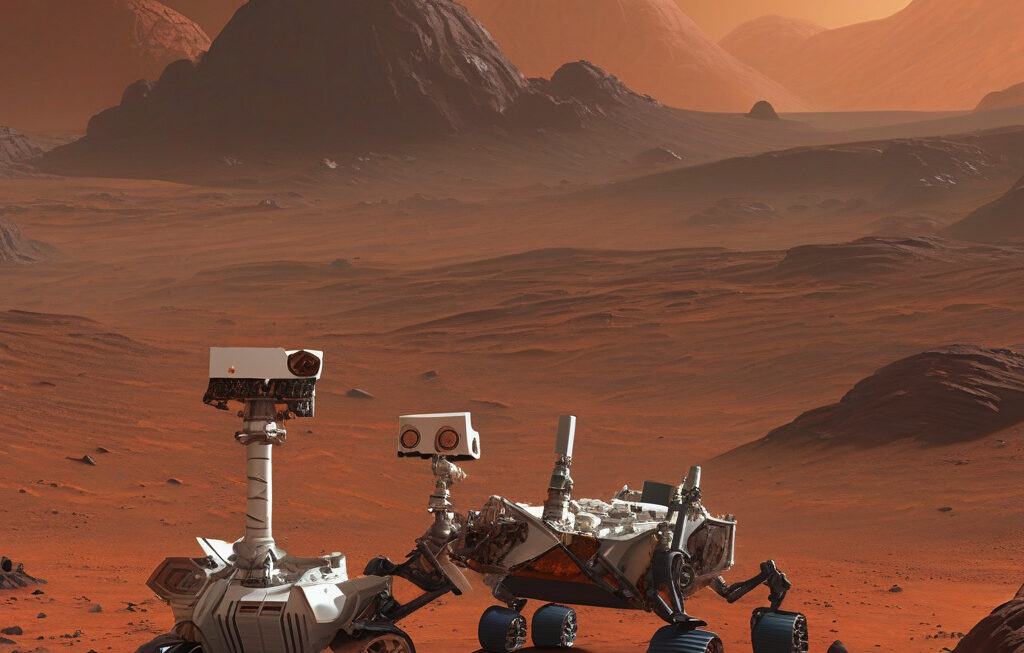The Rise of Tech Giants in Healthcare: How AI is Reshaping Life Sciences
In recent years, the intersection of technology and healthcare has seen a seismic shift, with tech giants like Google, IBM, and a myriad of startups leading the charge in revolutionizing the life sciences industry. At the forefront of this transformation is the widespread adoption of artificial intelligence (AI) in various facets of healthcare, promising to enhance diagnostics, streamline clinical documentation, and ultimately improve patient care on a global scale.
One of the most significant impacts of AI in healthcare comes in the form of AI-powered tools that are designed to augment the capabilities of healthcare providers. Companies like Google and IBM have developed sophisticated AI algorithms that can analyze vast amounts of medical data with incredible speed and accuracy. These AI-powered tools are capable of identifying patterns and anomalies in medical images, lab results, and patient records, enabling clinicians to make more informed decisions and diagnoses.
For instance, Google’s DeepMind Health has developed AI algorithms that can analyze medical images such as X-rays and MRIs to detect signs of diseases like cancer and diabetic retinopathy. By leveraging AI, healthcare providers can expedite the diagnostic process, leading to earlier detection and intervention, ultimately improving patient outcomes.
Moreover, AI-powered tools are also revolutionizing clinical documentation, a traditionally time-consuming and error-prone aspect of healthcare. By automating tasks such as transcribing patient notes, updating electronic health records, and coding diagnoses, AI can significantly reduce clinician workloads, allowing them to focus more on patient care. Companies like IBM Watson Health offer AI solutions that can parse through unstructured clinical notes to extract relevant information, enabling healthcare providers to create more comprehensive and accurate patient records.
Beyond diagnostics and documentation, AI is also reshaping patient care by personalizing treatment plans and interventions. Startups like Zebra Medical Vision are leveraging AI to analyze patient data and genetic information to tailor treatments to individual patients, leading to more effective and targeted therapies. By harnessing the power of AI, healthcare providers can deliver precision medicine that is tailored to the unique needs and characteristics of each patient, maximizing treatment efficacy and minimizing adverse effects.
The widespread adoption of AI-powered tools in healthcare is not only transforming the way healthcare is delivered but also reshaping the life sciences industry as a whole. By harnessing the analytical power of AI, tech giants and startups alike are driving innovation, improving healthcare outcomes, and ultimately revolutionizing the future of medicine.
In conclusion, the rise of tech giants like Google, IBM, and startups in the healthcare industry signals a paradigm shift towards a more technologically advanced and data-driven approach to healthcare delivery. With AI-powered tools at the forefront, the life sciences industry is poised to achieve unprecedented levels of efficiency, accuracy, and personalization in patient care, ultimately paving the way for a healthier and more connected world.
AI in healthcare is not just a trend but a transformative force that is reshaping the landscape of life sciences, and its potential to revolutionize healthcare outcomes worldwide is truly limitless.
AI, Healthcare, Tech Giants, Life Sciences, Patient Care












